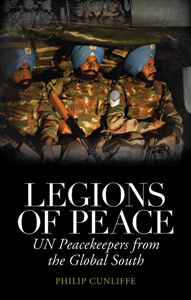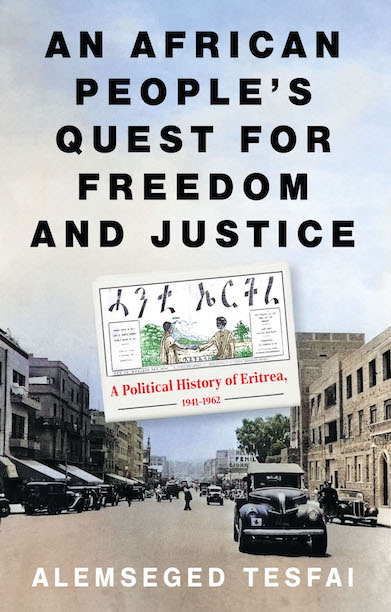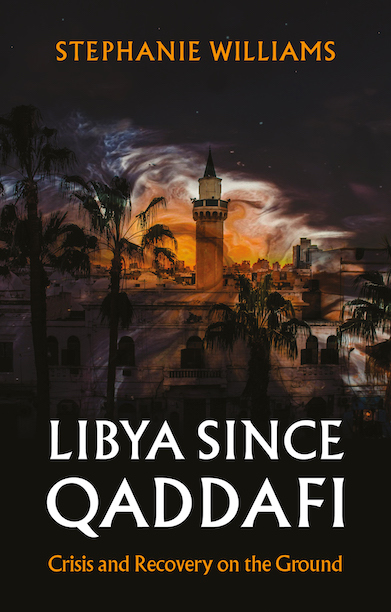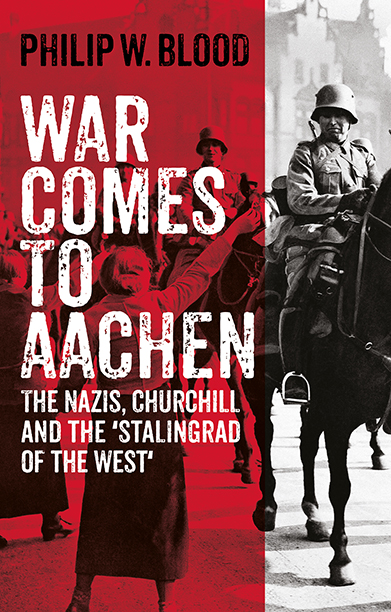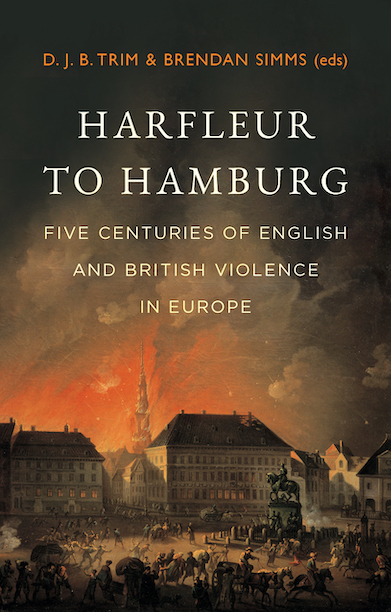Legions of Peace
UN Peacekeepers from the Global South
‘…one of the most stimulating works on UN peacekeeping I have read over the last decade.’ – Thierry Tardy, Senior Analyst at the European Union Institute for Security Studies
Description
The huge number of security forces stationed around the world as United Nations peacekeepers is second only to the global military deployments of the USA. But most UN peacekeepers come from the emerging powers and developing states that comprise the global South. This is the first book to analyse this phenomenon at the international level.
Such unprecedented deployments show that peacekeeping is the most widely tolerated use of force in international affairs today. Far from signalling progress towards global governance, Legions of Peace argues that UN peacekeeping must be understood in the context of continuing economic inequality and the uneven distribution of global power. Philip Cunliffe contends that through UN peacekeeping Western states have used their domination of international institutions to harness the armed forces of the global South. In so doing, Western states seek to reduce the political and military costs of hegemony and stave off their inevitable, long-term decline in power. This strategy has profound political implications. Instead of transcending the ‘scourge of war’, by globalising peacekeeping the UN has made peace dependent on the extensive and sustained deployment of armed force—a development that bodes ill for the future.
Table of contents
List of Figures and Tables
Preface and Acknowledgements
List of Abbreviations
1. Introduction
PART I: PEACEKEEPING IN INTERNATIONAL ORDER
2. Peace of the Victors: Peacekeeping in the Post-Cold War Era
3. The Highest Form of Liberal Imperialism
PART II: PEACEKEEPERS FROM THE GLOBAL SOUTH
4. Constructing Imperial Security: From Colonial Armies to Capacity-building
5. Askaris and Sepoys of the New World Order
PART III: IMPERIAL MULTILATERALISM
6. The United Nations: Last Refuge of Empire
7. Epilogue: Concluding Thoughts on UN Peacekeeping, Contribution to UN Peacekeeping, and International Order
Notes
Bibliography
Index
Reviews
SHORTLISTED FOR THE BISA SUSAN STRANGE PRIZE 2014
‘This book makes for a major contribution in the burgeoning critical literature on liberal imperialism and interventions. Cunliffe gives much food for thought to those on the left who have hope that the UN can become a vehicle for a genuine internationalism.’ — Marx and Philosophy Review of Books
‘Cunliffe’s Legions of Peace is one of the most stimulating works on UN peacekeeping I have read over the last decade. It provides a compelling analysis of UN peacekeeping as a low-risk instrument in the hands of powerful states who sub-contract their security governance role in the unruled world to weaker countries of the Global South. The book will not necessarily resonate well in Western capitals, yet it is a clear and solid contribution to the conceptualisation of peacekeeping and how it relates to international politics.’ – Thierry Tardy, Senior Analyst at the European Union Institute for Security Studies
‘This provocative study adds to the historical and still growing consensus on the failures of the “international community” and its various peace interventions, which has failed to fully leave behind old habits or overcome iniquitous power structures.’ – Oliver Richmond, Professor of International Relations, Peace and Conflict Studies, The University of Manchester, Humanitarian and Conflict Response Institute
‘Cunliffe offers important insights into the motivations of the “new” peacekeepers of the global south – and the objectives of the big powers who co-opt their services for their own purposes. This is a clear-sighted and engaging investigation which challenges many of the complacent pieties conventionally attached to the peacekeeping role.’ – Norrie MacQueen, Honorary Research Fellow, University of St Andrews
‘A sweeping but hard-hitting mix of theory, history and smart analysis of contemporary peacekeeping operations, Legions of Peace will stir up controversy and make uncritical advocates of blue helmet missions rethink many of their basic assumptions.’ – Richard Gowan, Research Director, NYU Center on International Cooperation
‘A major contribution of this book is its critical review of UN peacekeeping, which rejects any blind, religious like faith in such a system. The analysis of contemporary peacekeeping operations is backed up by rich material, which brilliantly answers the research question with strong and concise arguments. For this reason, the book serves as a good read to anyone who works in the area of international relations, peace studies or international law.’ – LSE Review of Books
‘Nowadays, it is not uncommon [in international affairs] to have deep hierarchical relations being operationalised through the veil of multilateralism. Cunliffe’s stimulating contribution effectively elucidates this within a fundamental pillar of the current international order: the construction of peace.’ – Political Studies Review
Author(s)
Philip Cunliffe is Senior Lecturer in International Conflict at the University of Kent. He completed his doctorate at King’s College London in 2008.
